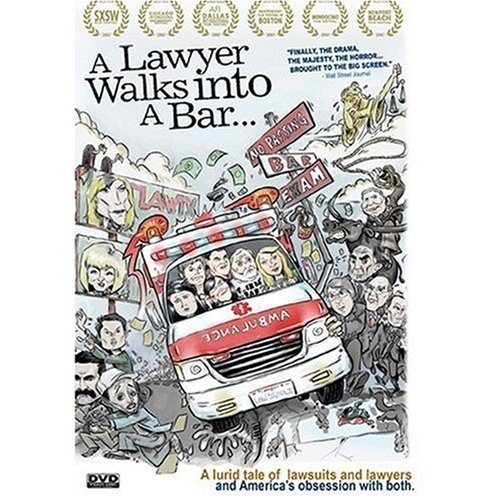We recently covered the Caterpillar lawsuit, in which an American company was sued because of the way a foreign government used its products. Although the suit was dismissed by the Ninth Circuit, it wasn’t because it’s absurd to blame a manufacturer for how its products are used; rather, it was because — as Walter noted — the Caterpillar products were actually paid for by the U.S. government. Given that, it may not be much comfort to other companies being sued over the actions of foreign governments.
In 2004 and 2005, various Chinese citizens were arrested in China by the government of China, prosecuted for their pro-democracy activities, convicted, and sent to jail. They allege that, while in these Chinese prisons, they have been treated poorly by the Chinese government, and that they have suffered physical and mental anguish as a result.
So, in April of this year, these Chinese prison inmates sued the obviously-responsible party: Yahoo, naturally. In California. They sued Yahoo for violating federal law against torture. And for assault, battery, false imprisonment, unfair competition, intentional infliction of emotional distress, and for violating the U.S. Electronic Communications Privacy Act. In China. What was Yahoo’s wrongdoing? The company — or, rather, its Chinese subsidiary — allegedly provided evidence to the Chinese government which enabled the government to identify these people and prosecute them for breaking Chinese law.
Now, one may have no love for the Chinese government, or for companies that do business in China. One can argue that, ethically, Yahoo should refuse to cooperate with the Chinese government. But those are policy questions, and however one comes down on them, one can’t argue that a federal court in California can order a company to break the laws of another country. (The flaws in this should be readily apparent; as Yahoo notes in its motion to dismiss the case, under the logic of the plaintiffs, “A court in France could issue an injunction mandating that French companies doing business in America refuse to provide evidence in cases where the defendant might be subject to the death penalty.”) One can’t argue that a federal court in California can order a company to get a prisoner released from a Chinese prison (Yes, that’s in the lawsuit.) One can’t argue that a federal court in California can act as an appeals court for a Chinese trial, finding Chinese laws unconstitutional.
Yahoo is seeking to dismiss the case in its entirety. (Washington Post)
(Incidentally, it should go without saying that my introduction was not intended to compare the actions of Israel’s government in fighting terrorism with the actions of China’s government in punishing peaceful dissent. The only parallel here is the attempt to hold an American company responsible for the actions of a foreign government.)
Meanwhile, in other attempts to use the U.S. courts to run world affairs, a group of Bolivians have sued the former president of Bolivia, in the United States, for human rights violations that took place in Bolivia. (Reuters)
Filed under: emotional distress, France

 No, I still haven’t seen a copy of this documentary (
No, I still haven’t seen a copy of this documentary (